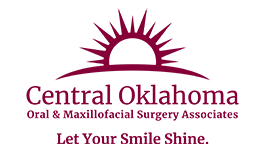24 Feb What protection does a custom mouthguard provide?
While living an active lifestyle through sports and other physical activities is important for one’s total well-being, some hobbies, sports, and activities can be quite dangerous. Certain sports and hobbies can greatly increase a patient’s risk for accidental falls, facial trauma, and head injuries. Whether...
